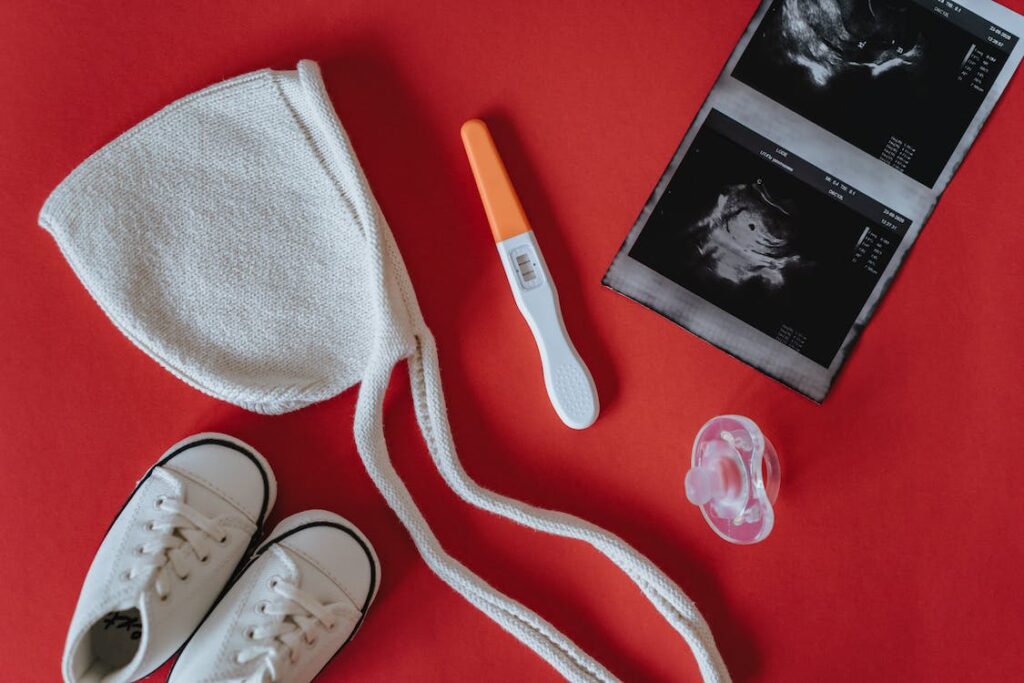
"Johnson & Johnson's nipocalimab receives Breakthrough Therapy Designation for treating severe HDFN in pregnant individuals."
Johnson & Johnson today announced that the U.S. Food and Drug Administration (FDA) has granted Breakthrough Therapy Designation (BTD) for nipocalimab for the treatment of alloimmunizeda pregnant individuals at high risk of severe hemolytic disease of the fetus and newborn (HDFN). Nipocalimab is currently the only therapy reported to be in clinical development for the treatment of alloimmunized pregnant individuals at risk of severe HDFN, a serious and rare condition that occurs when the blood types of a pregnant individual and the fetus are incompatible, potentially causing life-threatening anemia in the fetus or infant.1
“Nipocalimab represents a novel approach for the treatment of patients at risk of severe HDFN who need proven, safe, non-surgical solutions to help address the serious health consequences of this condition,” said Katie Abouzahr, M.D., Vice President, Autoantibody and Maternal Fetal Immunology Disease Area Leader, Johnson & Johnson. “We are committed to addressing the substantial unmet need in this devastating disease.”
The data from the proof-of-concept Phase 2 open-label UNITY clinical trial provided support for the BTD.2 The trial met the primary endpoint, with the majority of pregnant patients who received nipocalimab achieving a live birth at or after the gestational age of 32 weeks, without the need for an intrauterine transfusion (IUT) throughout their entire pregnancy.3 Severe or serious adverse events were generally low and consistent with events associated with pregnancy, HDFN, and gestational age at birth.3
Nipocalimab was granted Fast Track designation in July 2019, orphan drug status in June 2020 by the FDA, and orphan medicinal product designation by the European Medicines Agency in October 2019 for the HDFN indication.
The FDA grants BTD to expedite the development and regulatory review of an investigational medicine that is intended to treat a serious or life-threatening condition and is based on preliminary clinical evidence that demonstrates the drug may have substantial improvement in at least one clinically significant endpoint over available therapies. The AZALEA Phase 3 pivotal trial is currently enrolling pregnant individuals who are at risk for severe HDFN who have a history of severe HDFN in a prior pregnancy(ies).2






